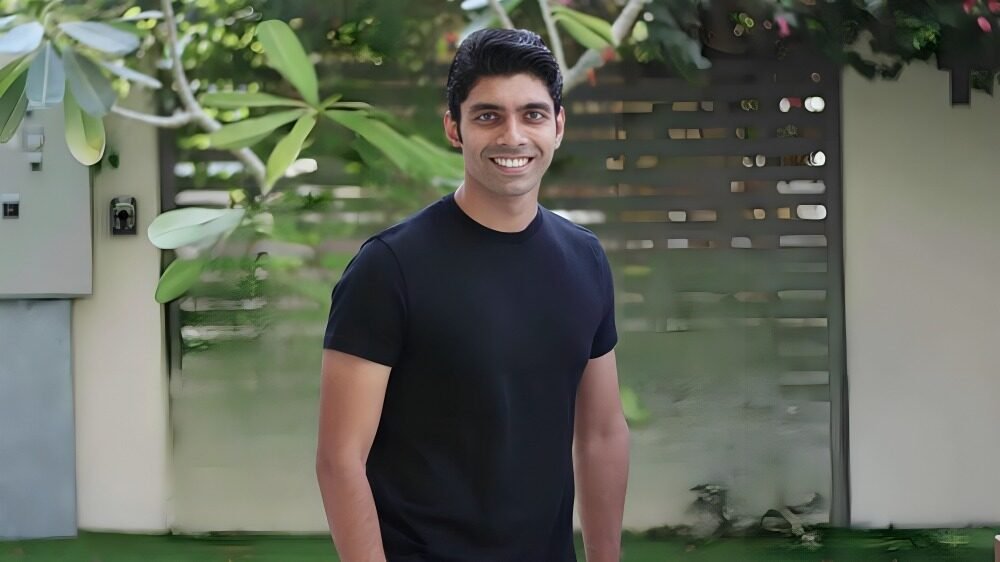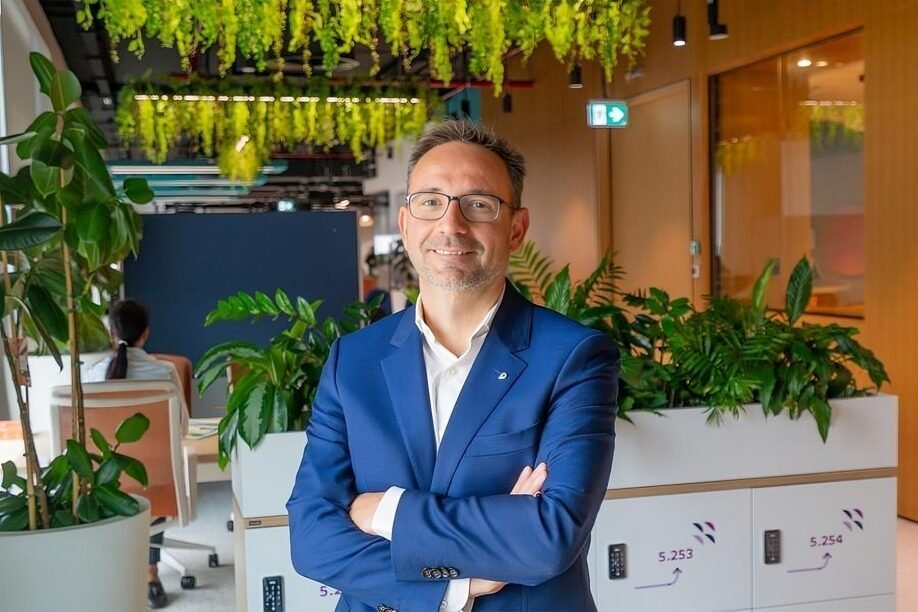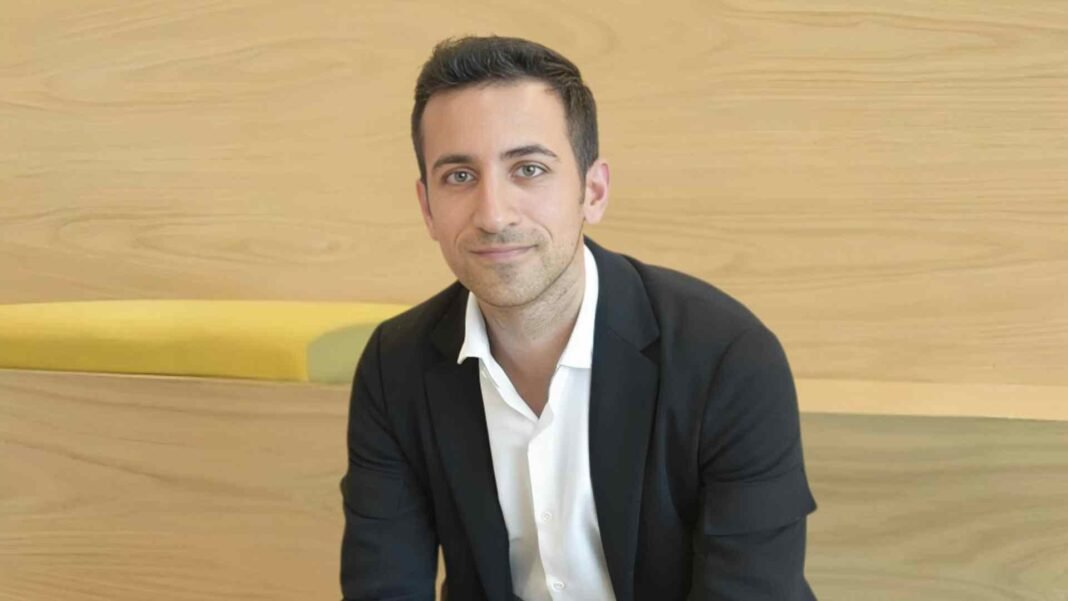Parthi Duraisamy leads as CEO and co-founder of Alaan, steering the firm to become a standout in the Middle East’s fintech landscape. Under his direction, Alaan empowers businesses to manage spending smarter automating workflows, issuing corporate cards, and integrating AI to reduce tedious tasks.
Early Years and Education
Born in India into a modest family, Parthi Duraisamy became the first person in his household to attend college an early sign of his determination. He won a full scholarship to the National University of Singapore, where he earned a degree in Electrical Engineering (with a minor in Management) with honours.
After Singapore, he pursued further studies in Germany, attending the Technical University of Munich for a degree in Electrical Engineering and Innovation Management. Later, he obtained his MBA from the Tuck School of Business at Dartmouth College, where he was active in groups such as the South Asia Business Association and co-chaired the Diversity Conference.
These academic experiences exposed him to global perspectives and equipped him with both technical and business tools preparing him for leadership in tech and finance.
Career Foundations: From Engineering to Consulting
Parthi’s professional journey began at Airbus, where he worked as a software engineer. From there, he transitioned to Barclays Investment Bank, taking on the role of Assistant Vice President and Analyst.
His next move was to McKinsey & Company in the Middle East, where he served as Senior Engagement Manager and led large transformation and M&A projects across regions including Europe, the U.S., South East Asia, and the Middle East.
While at McKinsey in Dubai, Parthi encountered a pivotal frustration: the company credit cards were poorly accepted across the region, forcing him to attend to travel expenses personally and spend weekends reconciling receipts and filling out expense reports. That operational pain point would later become the seed for his entrepreneurial venture.
Founding Alaan: Vision and Execution
In 2021, Parthi Duraisamy joined hands with Karun Kurien also a former McKinsey consultant to establish Alaan in Dubai. The name “Alaan,” meaning “right now” in Arabic, reflects the company’s aspiration for immediacy and simplicity in finance. Parthi chose a short Arabic word that would be easy to pronounce across languages.
From the start, Alaan set out to solve deep-rooted inefficiencies: corporate spending, receipt reconciliation, VAT compliance, policy enforcement, and workflow bottlenecks. Its offering consists of physical and virtual corporate cards, AI-powered receipt extraction, and real-time expense oversight tailored for the GCC environment.
One of Alaan’s early moves was to integrate Apple Pay into its B2B offering something rare in the region. Initially, the company also experimented with a user-facing chatbot leveraging OpenAI, but that feature was later shelved when uptake was low. Instead, Alaan refocused on embedding AI behind the scenes for tasks like receipt matching, VAT extraction, and automatic reconciliation.
Alaan officially launched in 2022 after navigating regulatory and banking setup delays.
Scaling, Impact, and Funding
By mid-2025, Alaan had processed over 2.5 million transactions and served more than 1,500 finance teams across enterprises such as G42, Careem, Tabby, Lulu, and Rivoli. The company claims to have saved finance teams more than 1.5 million hours of manual labor using automation.
In August 2025, Alaan raised $48 million in a Series A round led by Peak XV Partners (which was formerly Sequoia Capital India & SEA). The round also included participants such as Y Combinator, 468 Capital, Pioneer Fund, and prominent regional founders including Tabby’s Hosam Arab and Careem’s Mudassir Sheikha.
The funding will fuel deeper expansion into Saudi Arabia (KSA), enhance hiring across sales, compliance, and customer success, and support next-generation AI capabilities.
Remarkably, Alaan has also achieved profitability in the UAE having spent around $5 million to generate $10 million in revenue. Transaction volumes in Saudi Arabia have doubled month over month since its launch there earlier in 2025.
Alaan’s capital efficiency, disciplined growth, and product-led orientation helped attract this large round, especially in a region where many fintechs rely heavily on scale and burn.
Leadership Style and Philosophy
Parthi Duraisamy leads with customer-centricity and a problem-solving mindset. He often emphasizes that true innovation begins by observing everyday pain points (such as painful expense reconciliation) and designing solutions that vanish into the workflow. He advocates for listening to users, iterating fast, and prioritizing operational discipline less about chasing growth for its own sake, and more about sustainable, capital-efficient scaling.
Although he maintains a relatively low public profile, Parthi often shares reflections such as recounting how many weekends he spent filing expense reports before building Alaan. He also writes about the naming journey of “Alaan,” explaining his desire for clarity, simplicity, and local resonance.
The Road Ahead
As Alaan continues its expansion in the GCC, key challenges lie in securing regulatory and banking partnerships across jurisdictions. The company also plans to broaden its product offerings beyond core expense management potentially into payables automation, embedded lending, and treasury modules.
For Parthi, the ambition is clear: make Alaan the essential finance infrastructure for modern businesses in MENA by eliminating repetitive tasks and giving finance teams real control.
Parthi Duraisamy’s journey from first-generation college student to founding a profitable, high-growth fintech is a compelling narrative about identifying overlooked problems and building powerful solutions. With Alaan’s traction and bold moves into new markets, the story is far from complete and fintech observers will be watching closely what comes next.




